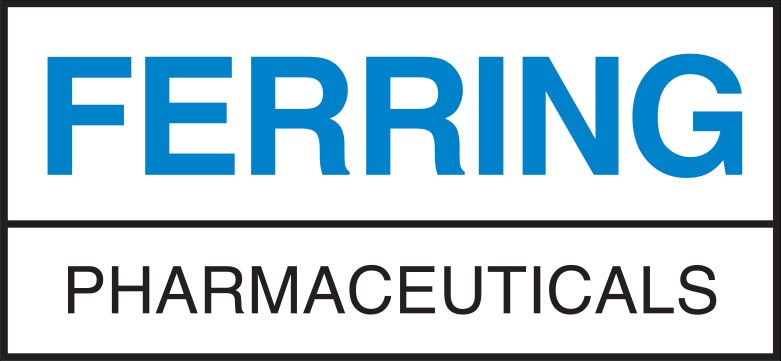Rebiotix Inc. has been integrated into Ferring Pharmaceuticals
If you would like to continue to the Ferring U.S. website click on FerringUSA.com below.
FerringUSA.comIf you are interested in the donor program, click on the donor program below.
Donor Program